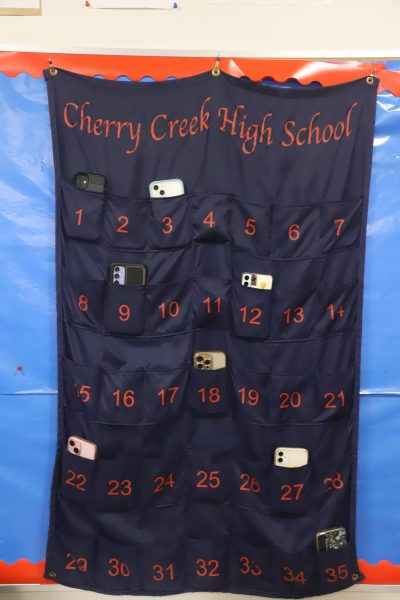Departments Complete Hiring Process for 13 New Teachers
As candidates start applying for positions through the website, coordinators are faced with the task to sift through all the applications and check resumes, as well as letters of recommendation, for the perfect teacher. “In the past, we’ve only had maybe 20 or 25 people apply for our [science department] jobs,” science department coordinator Stephen Smith said. “This year, we had twice as many apply.”
May 21, 2023
As teachers leave Creek for a new chapter of their lives, many spots are left unfilled. In April and May, department coordinators sought out 13 new educators to fill the empty spaces in the school for the upcoming year.
“As we build the new schedule, we have meetings with principal Silva,” English department coordinator Kim Gilbert said. “As coordinators, we determine how many people are staying in the department, how many people may be retiring, how many people are moving possibly from full time to part time or from part time to full time, and if we need to add classes.”
The process is widely the same for all departments. Position openings are submitted on the district website for people looking for a potential job in the area. After a set amount of days, applications are put through paper screening – examining each applicant’s resumes and letters of recommendation – until a select few remain for the position.
“I think with regards to credentials, there’s a lot of times where I’m looking at how long they have been teaching,” English department coordinator Kim Gilbert said. “I’m looking for experience with a certain grade level or experience with teaching.”
After the paper screening, a panel of teachers and students then interview the candidates and narrow the options to just two per empty position. Mr. Silva interviews the last two candidates and discusses with coordinators before making the final decision and extending an offer of employment to the selected candidate.
“For my part, I think it’s based a lot on the potential that they show,” coordinator of science department Stephen Smith said. “And it’s really hard to do, looking at the paperwork that they’ve submitted, looking at a transcript, looking at an application, and knowing what that person is going to be like in front of students. It’s two very different things.”
Not everything on paper is a direct reflection on the applicant. Credentials and achievements are not always an exact representation of the person applying and their personality in the subject, especially with subjects that require particular interest in its field.
“If you have an opening in the science department, you want to find someone who’s really talented and passionate in their content,” fine arts department coordinator Tim Libby said. “And it’s the same you want to if you’re going to hire an art teacher, like a visual arts teacher. You want somebody who’s passionate about the process of teaching art, and probably a passionate artist themselves, and then a good communicator and somebody who’s good at expressing that knowledge to their students.”
The balance between finding a dependable teacher and a relatable person that benefits students the most is difficult to find. Amongst tens – if not hundreds – of applicants, a perfect teacher is not always guaranteed.
“There’s these two schools of thought, the thought that what matters most is that the teacher knows their content, and that they’ll work out how to relate to students, eventually, if they don’t know how to do it right away,” Smith said. “And the other school of thought is that it doesn’t matter what your content knowledge is if you can’t relate to people.”
Once summer approaches its end, returning students and teachers alike will be anticipating the 2023-2024 school year to meet the new teachers.
“When you’re looking for a new teacher, you’re usually sad because someone’s leaving, so you don’t really look forward to it. It’s a lot of work and is a little stressful, you know, but it’s fun,” Libby said. “It’s fun to ask questions of all these different teachers and find out what their strengths and weaknesses are and get to know them a little bit. I look forward to the students meeting the new teacher and it’s going to be interesting to see their reactions.”

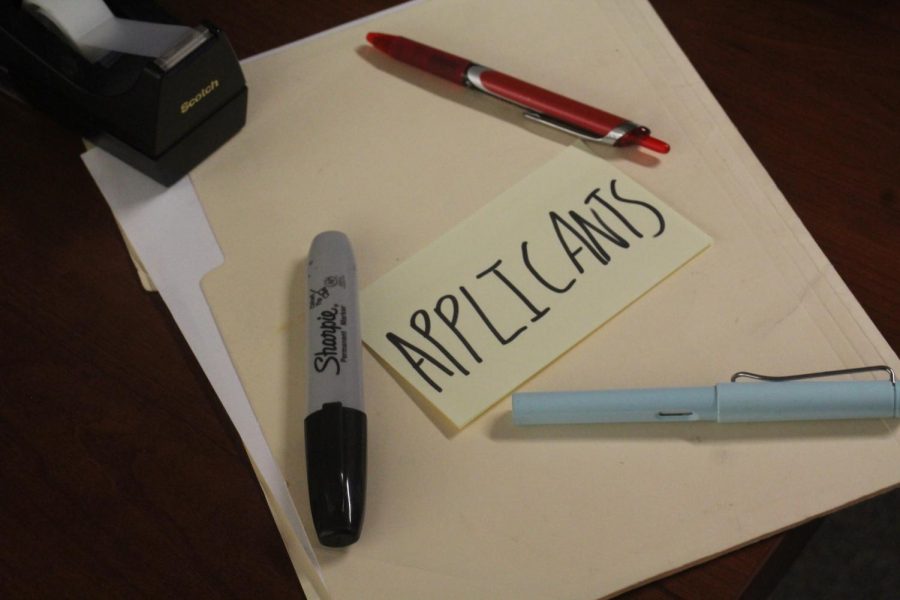

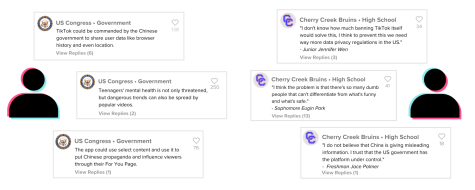
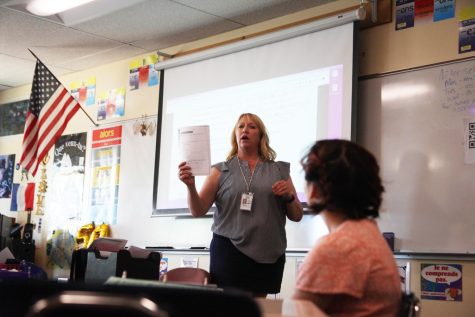


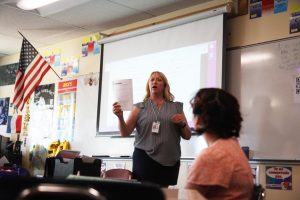
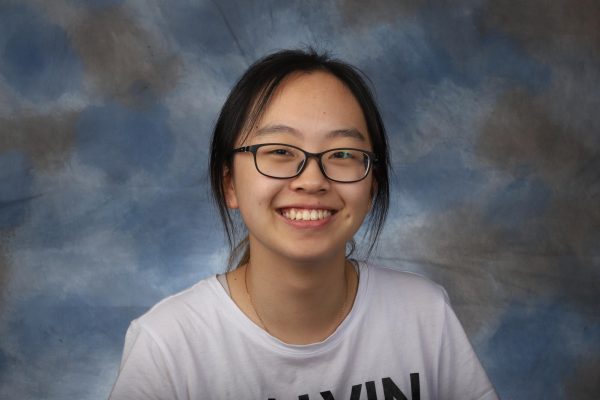



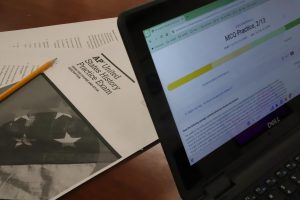
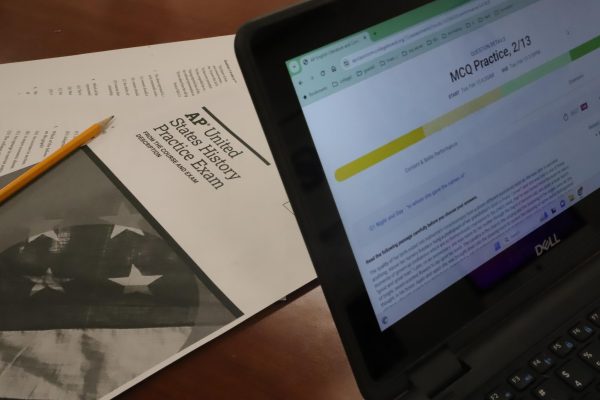
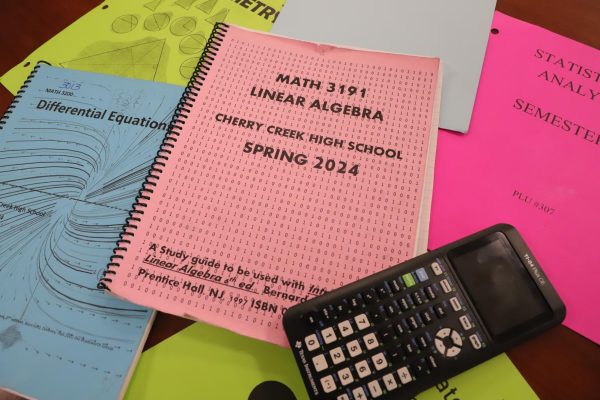




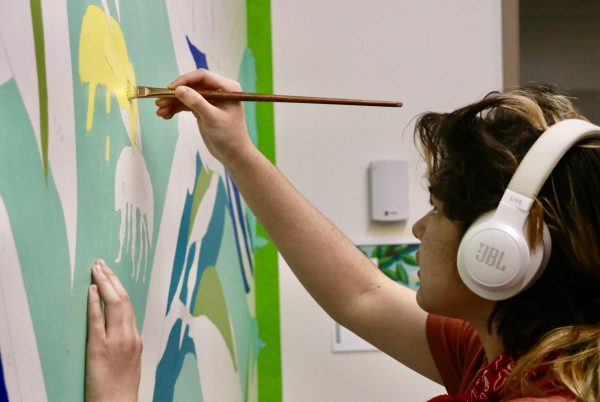
![Students at the Tri-M Music Honor Society interest meeting after school on Jan. 31 watch a presentation by club president juniors Adaire Bruff (left) and Dhruv Sodani. “I hope [members] can get a connection with kids and musicians and other departments…and get this for their resume,” Sodani said.](https://unionstreetjournal.com/wp-content/uploads/2024/02/IMG_8462-600x400.jpg)

